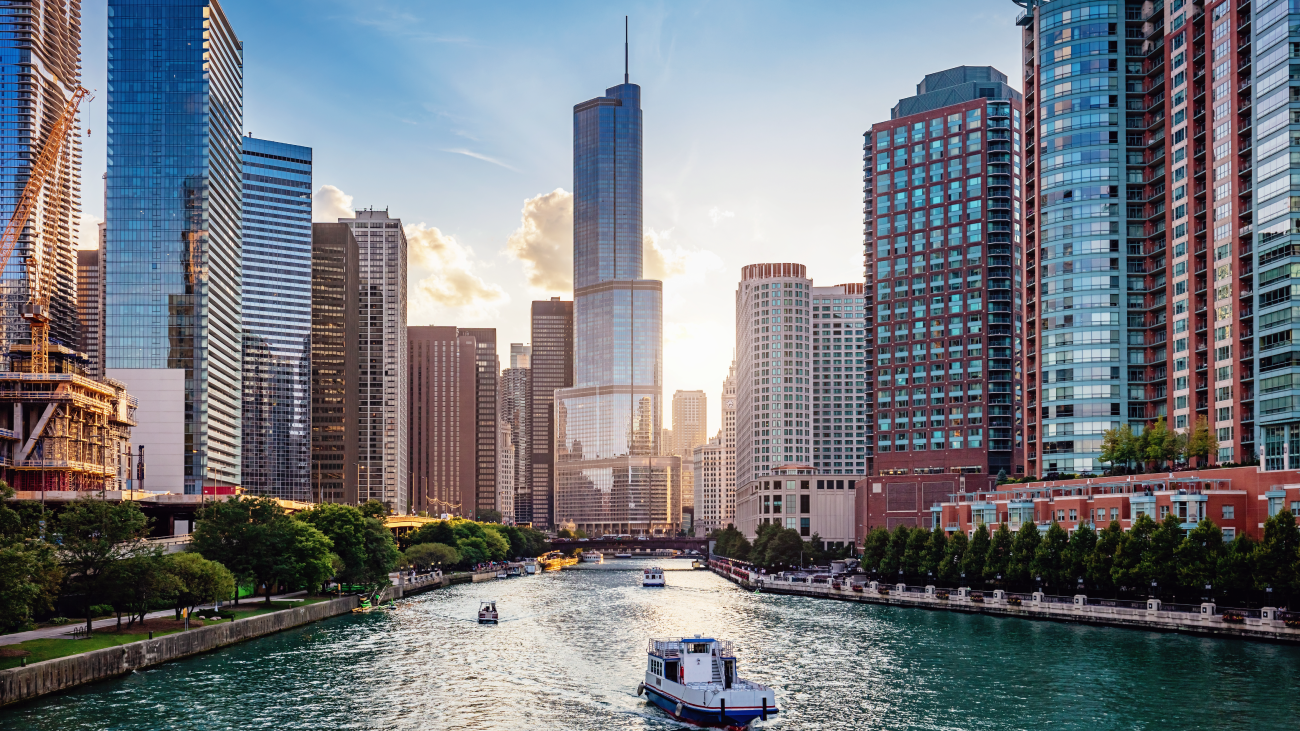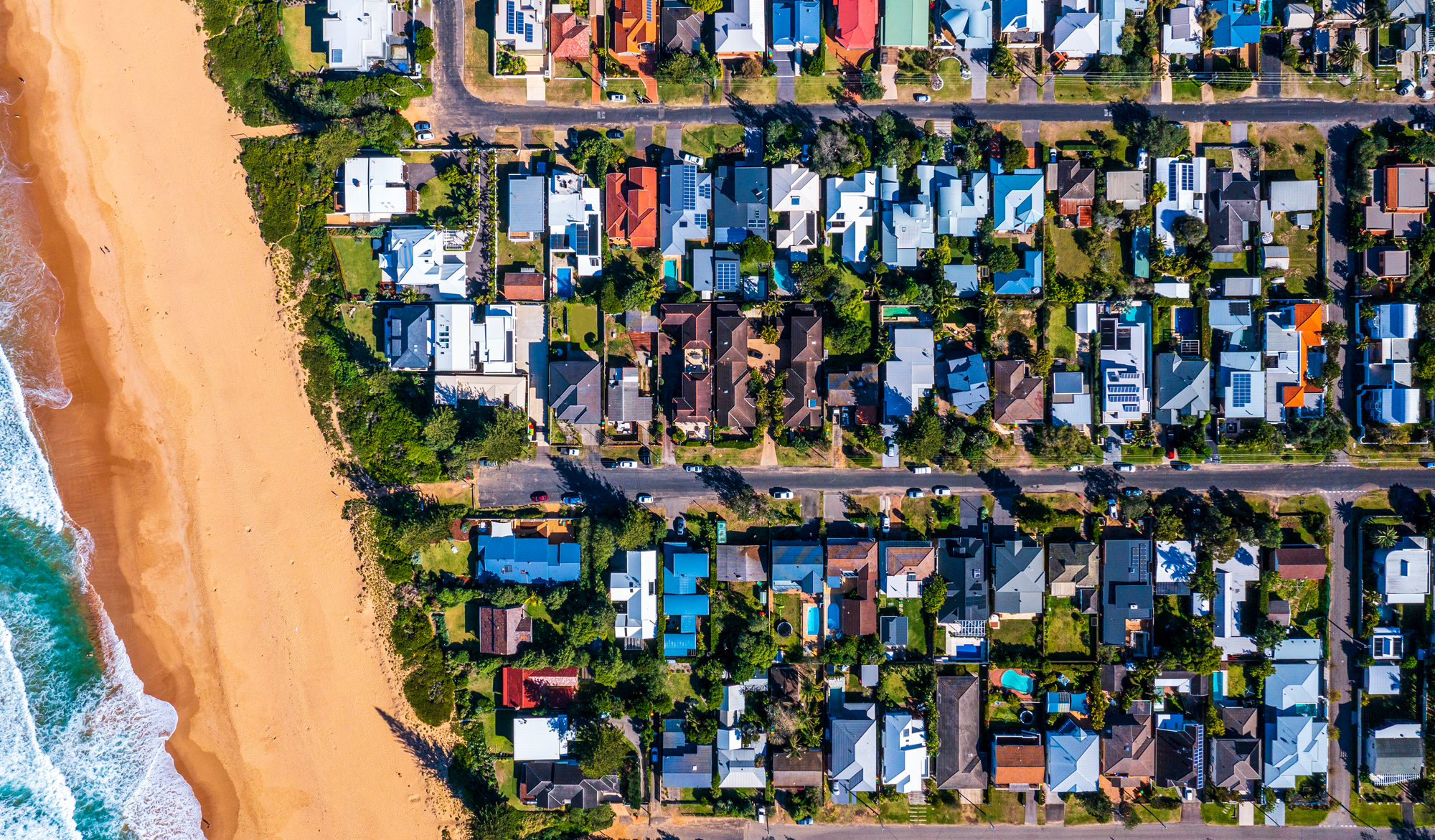World’s most expensive cities revealed
It’s official, Israel’s beach hub Tel Aviv has been named the world’s most expensive city to live in. Sydney and Melbourne were the only two Australian cities to crack the top 20. So what makes a city so costly and how do property prices fare?
Dollar signs mark the spot
Think about what expenses fall under your weekly budget. Utilities, money for the bus, a week’s supply of groceries, a couple of coffees? How much you spend on this budget, including those cheeky coffees (and okay maybe just one bottle of merlot) will depend on where you live.
Looking at over 200 products across food prices, utility bills and transport costs the Economist Intelligence Unit’s (EIU) ranked cities around the world from least to most costly to live in. Turns out people pay a pretty penny to live in Tel Aviv, which took out the number one spot. Paris and Singapore tied in second place, and in the mid-teens is where you’ll find Sydney and Melbourne who came in 14th and 16th.
A city’s cost of living often matches the price of its properties. In August 2021 CNBC compared the property prices of four cities in the Asia-Pacific region. Just like the cost of living, Singapore was the most expensive to purchase property, followed by Seoul, Sydney, and Taiwan.
Expensive city, expensive homes
Without a doubt, Sydney is the most expensive city in Australia to live in and for purchasing a property. In fact, 9 out of ten of Australia’s most expensive suburbs are in Sydney. This year Sydney houses at auction sold for an earth-shattering median price of $1.45 million.
Likewise, catching public transport in Sydney for a month will set you back $211. That’s $50 more than it would cost you in Melbourne and $137 more than you’d pay in Darwin.
Along with transport, Sydney continues to lead the pack in terms of property prices. But it’s the unsuspecting state of Tassie that saw the most growth over the past year (for the fifth year in a row mind you).
New homebuyers have been drawn to the Apple Isle by fresh apple cider, cheeses, oysters, and the low cost of living. Property prices rose by almost 30% over the past 12 months. But as Tel Aviv, Sydney and Singapore have shown – discounted living is unlikely to stay that way for long.
Key Takeaways:
- The cost of living in a suburb could discourage buyers looking to purchase their forever home. But for those looking for an investment property, it could be an incentive.
- Purchasing a property goes beyond investing in a dwelling, real estate agents should understand the local economy for all sales.
Get your property sale ready with ListReady. Join thousands of homeowners and use ListReady to cover marketing, home improvements and much more, with nothing to pay until the property settles. Learn more


 Team MONEYME
Team MONEYME ">
">
 ">
">
 ">
">